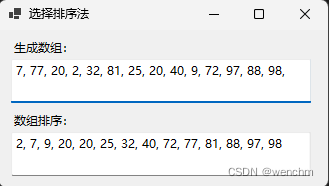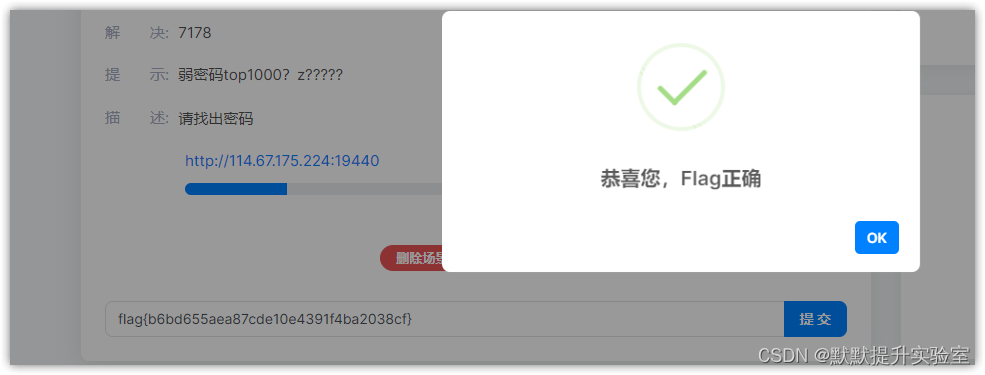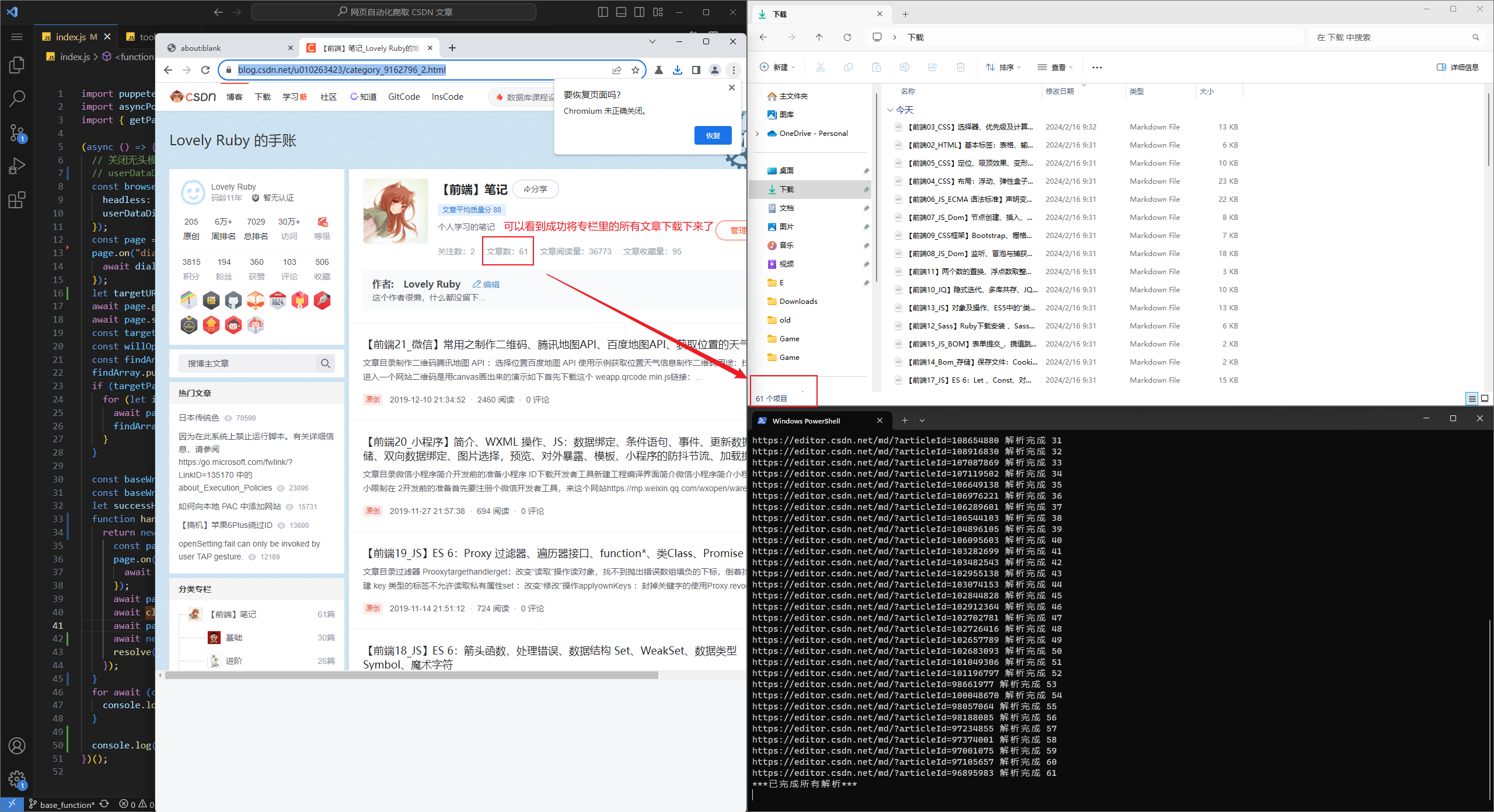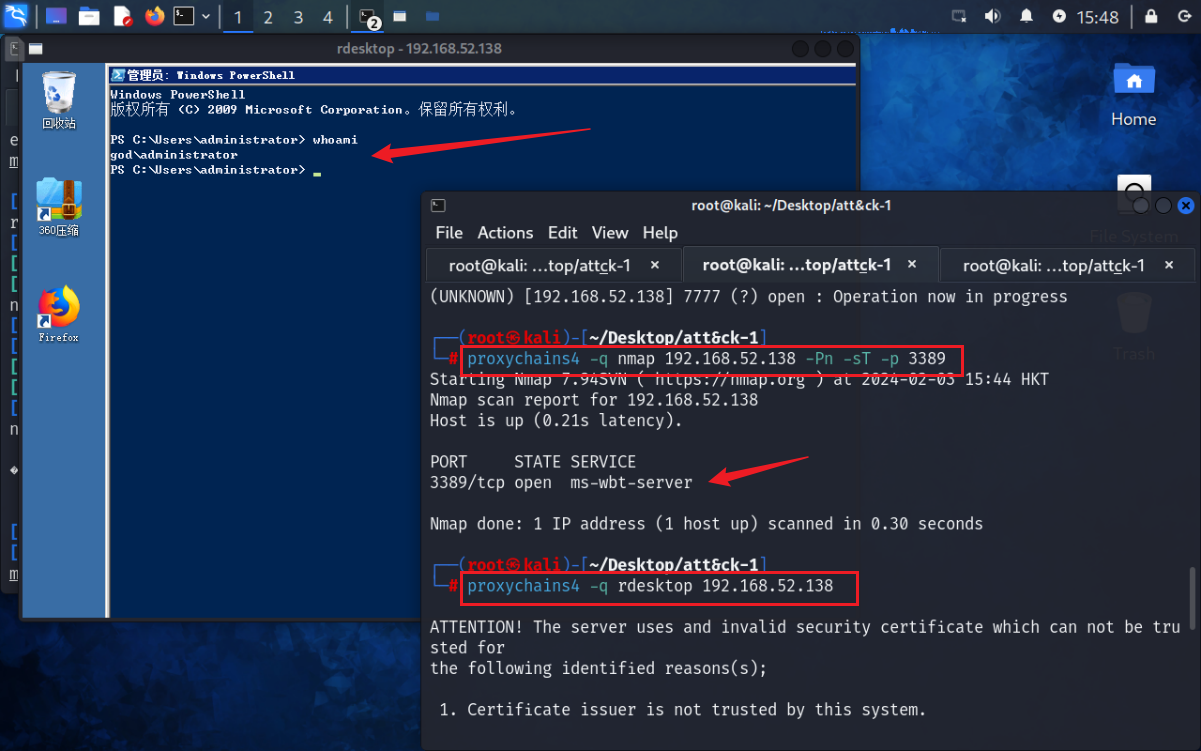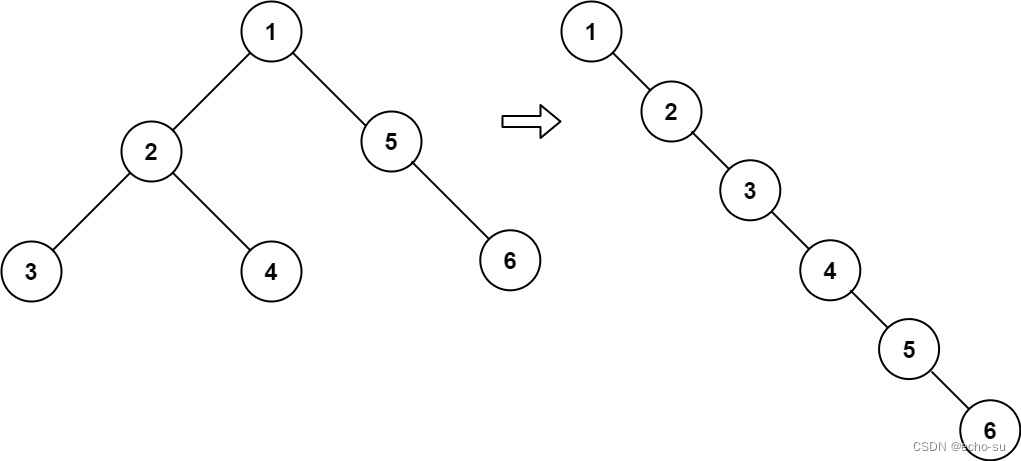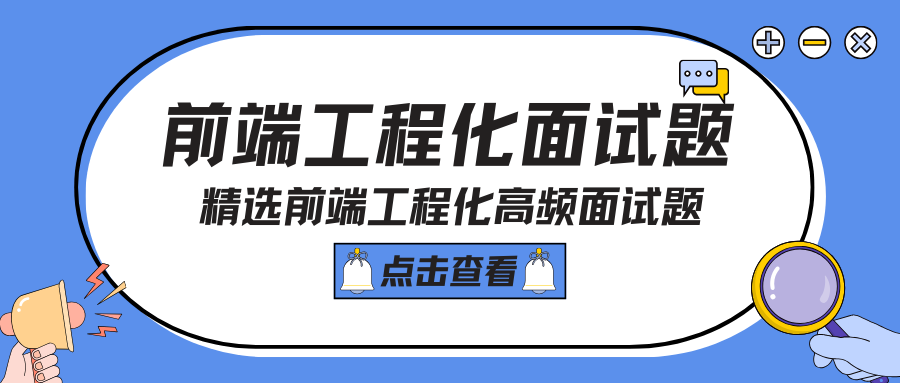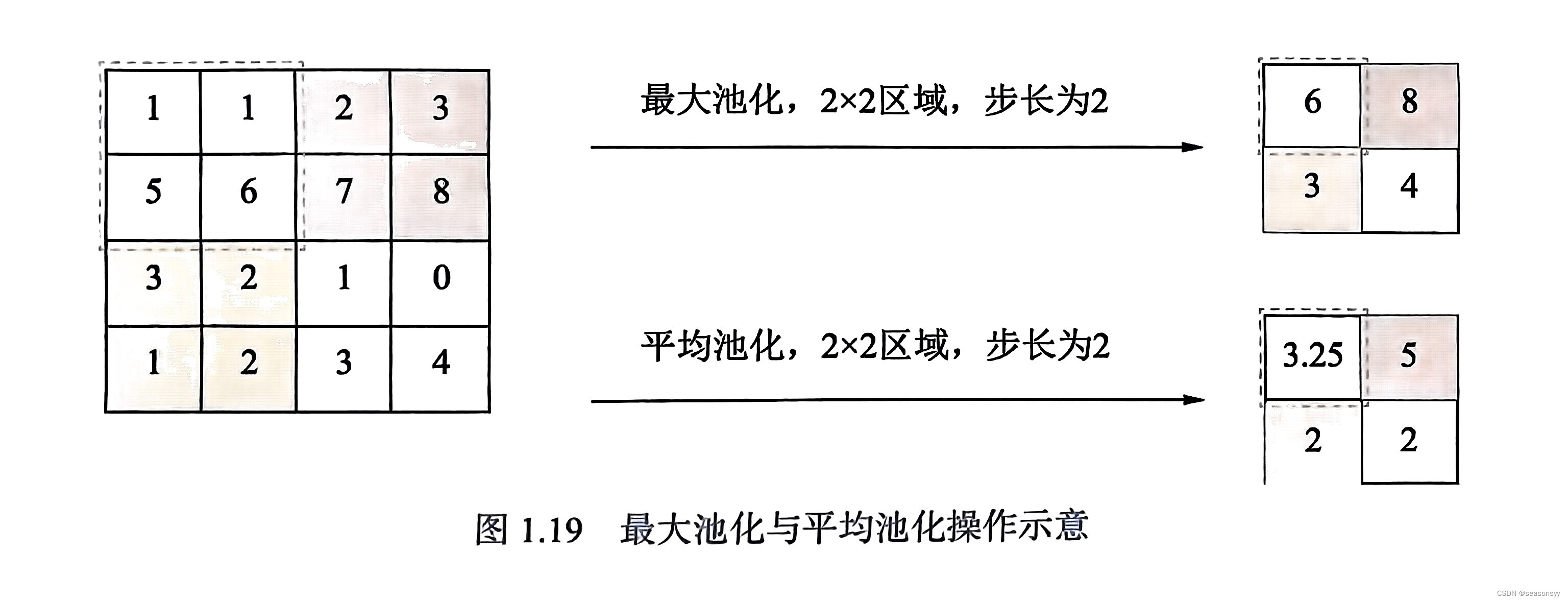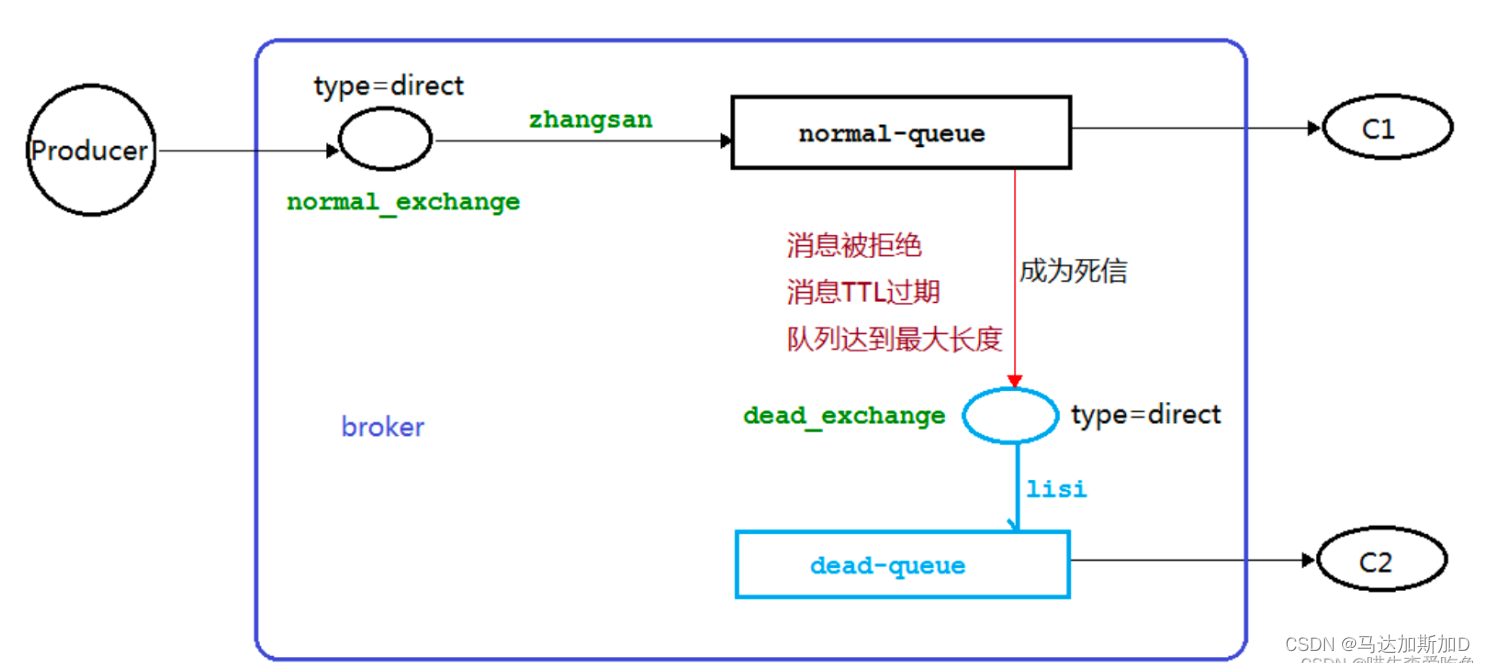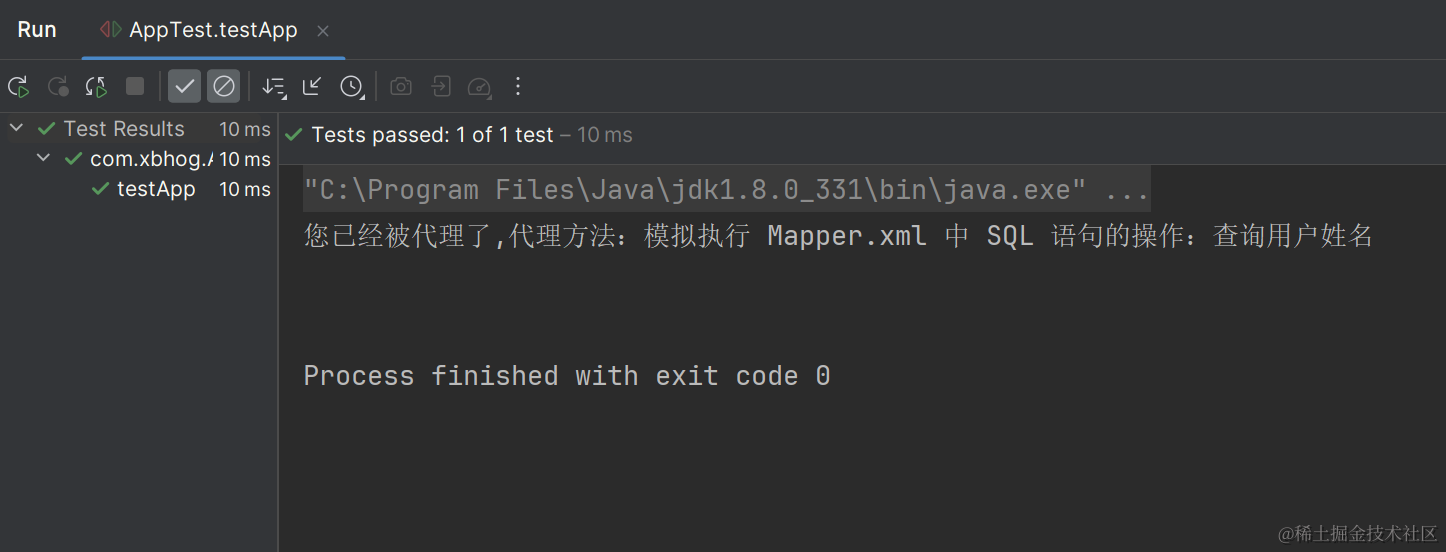目录
一、数组元素常见的排序法
1.选择排序法
二、实例1:选择排序法
1.源码
2.生成效果
一、数组元素常见的排序法
常见的排序法:选择排序法、冒泡排序法、快速排序法、直接插入法、希尔排序法、Array.Sort方法。
1.选择排序法
通过遍历实现排序,第i次遍历获得index=i以后的元素中的最小值,然后与index=i的元素互换。直至遍历结束。
二、实例1:选择排序法
1.源码
// 选择排序法
using System.Xml.Linq;namespace _099
{public partial class Form1 : Form{private Label? label1;private Label? label2;private TextBox? textBox1;private TextBox? textBox2;private int[]? int_array;//定义数组字段private readonly Random? random = new();//创建随机数对象public Form1(){InitializeComponent();StartPosition = FormStartPosition.CenterScreen;Load += Form1_Load;}private void Form1_Load(object? sender, EventArgs e){// // label1// label1 = new Label{AutoSize = true,Location = new Point(12, 9),Name = "label1",Size = new Size(68, 17),TabIndex = 0,Text = "生成数组:"};label1.Click += Label1_Click;// // label2// label2 = new Label{AutoSize = true,Location = new Point(12, 82),Name = "label2",Size = new Size(68, 17),TabIndex = 1,Text = "数组排序:"};label2.Click += Label2_Click;// // textBox1// textBox1 = new TextBox{Location = new Point(12, 29),Multiline = true,Name = "textBox1",Size = new Size(300, 44),TabIndex = 2};// // textBox2// textBox2 = new TextBox{Location = new Point(12, 102),Multiline = true,Name = "textBox2",Size = new Size(300, 44),TabIndex = 3};// // Form1// AutoScaleDimensions = new SizeF(7F, 17F);AutoScaleMode = AutoScaleMode.Font;ClientSize = new Size(329, 157);Controls.Add(textBox2);Controls.Add(textBox1);Controls.Add(label2);Controls.Add(label1);Name = "Form1";Text = "选择排序法";}/// <summary>/// 生成随机数数组/// 随机生成数组长度,随机生成数组元素,遍历输出/// </summary>private void Label1_Click(object? sender, EventArgs e){int_array = new int[random!.Next(10, 20)];for (int i = 0; i < int_array.Length; i++){int_array[i] = random.Next(0, 100);}textBox1!.Clear();foreach (int i in int_array){textBox1.Text += i.ToString() + ", ";}}/// <summary>/// 数组排序/// </summary>private void Label2_Click(object? sender, EventArgs e){if (int_array != null){int min;for (int i = 0; i < int_array!.GetUpperBound(0); i++){min = i;for (int j = i + 1; j < int_array.Length; j++)//循环访问数组中第i+1后面的元素{if (int_array[j] < int_array[min]) //并求得其中的最小值,若找到则min=jmin = j;}(int_array[i], int_array[min]) = (int_array[min], int_array[i]);//组元交换,最小值与当前行的第i个元素交换,其它元素位置不变}textBox2!.Clear();foreach (int i in int_array){int index = Array.IndexOf(int_array, i);if (index != int_array.GetUpperBound(0)){textBox2.Text += i.ToString() + ", ";}elsetextBox2.Text += i.ToString();}}else{MessageBox.Show("首先应当生成数组,然后再进行排序。", "提示!");}}}
}
2.生成效果
